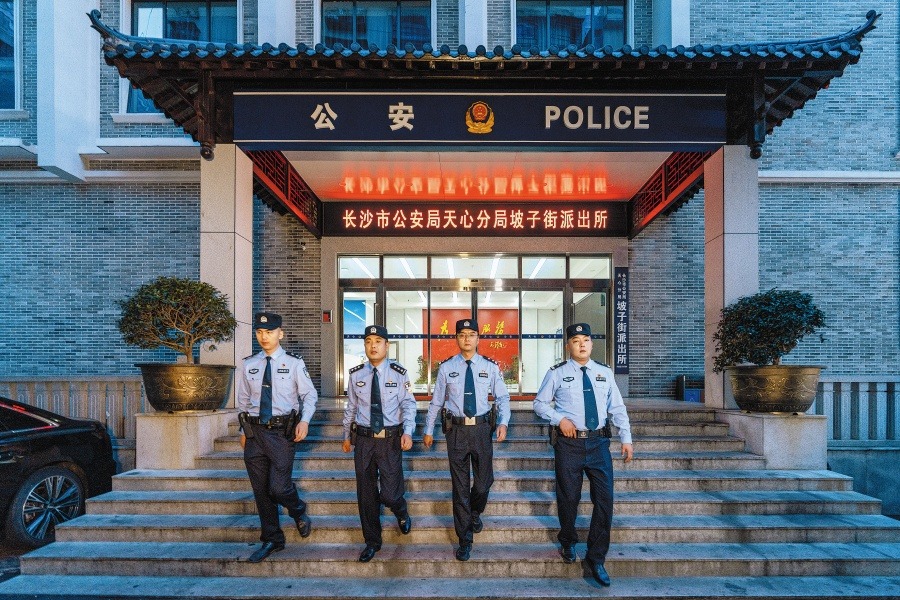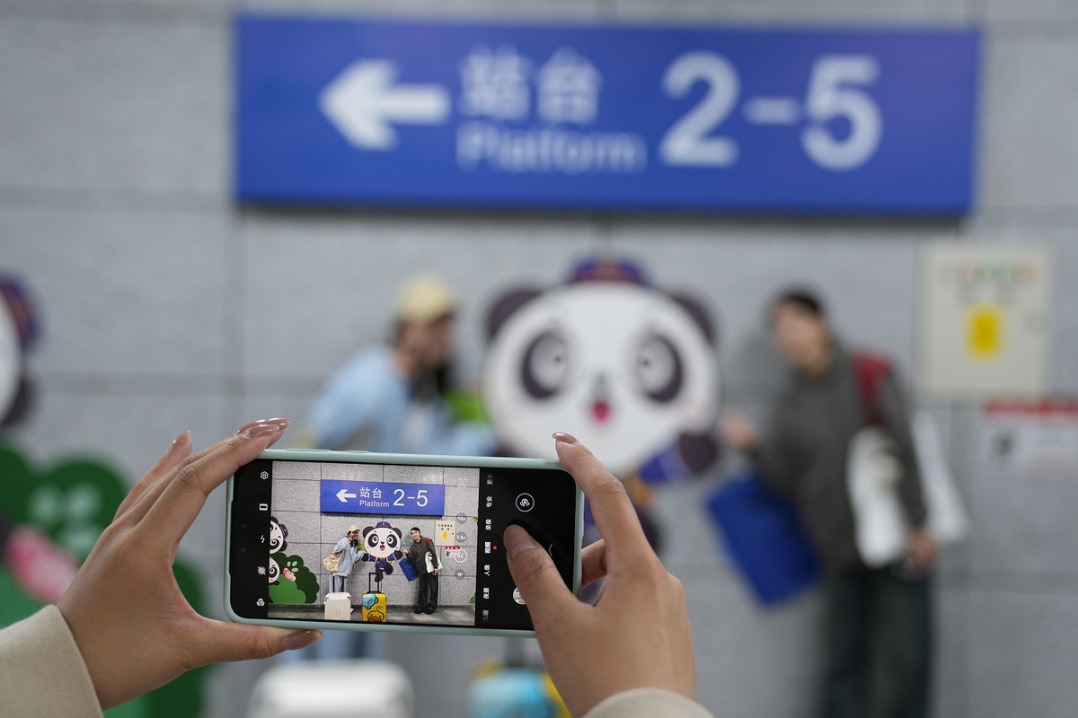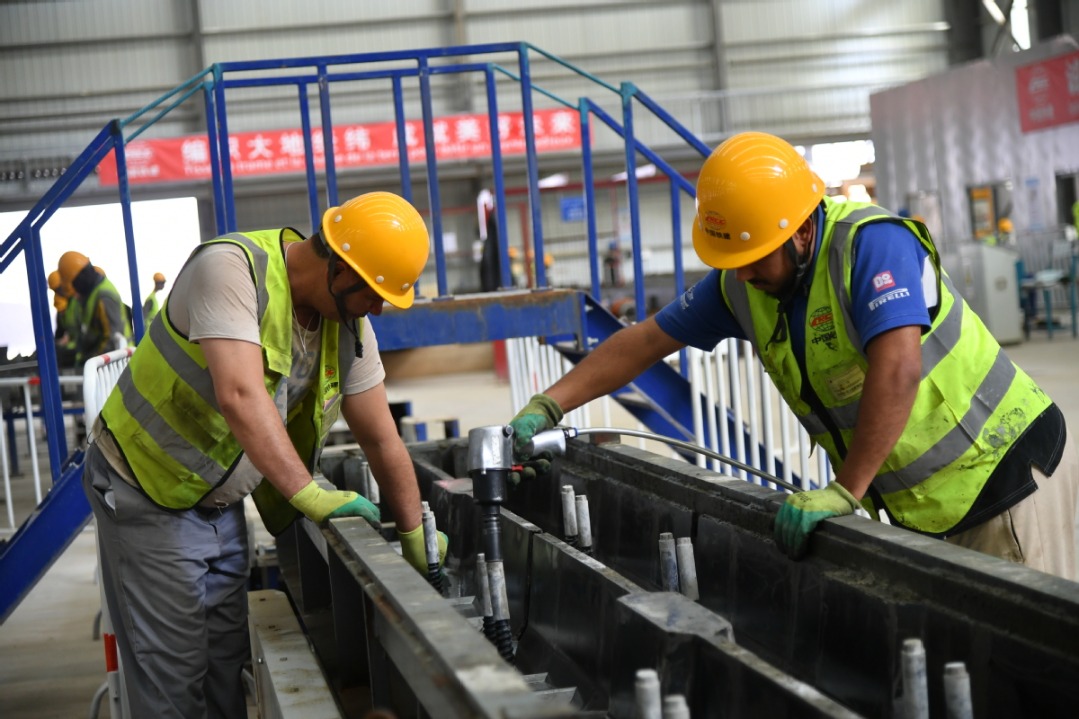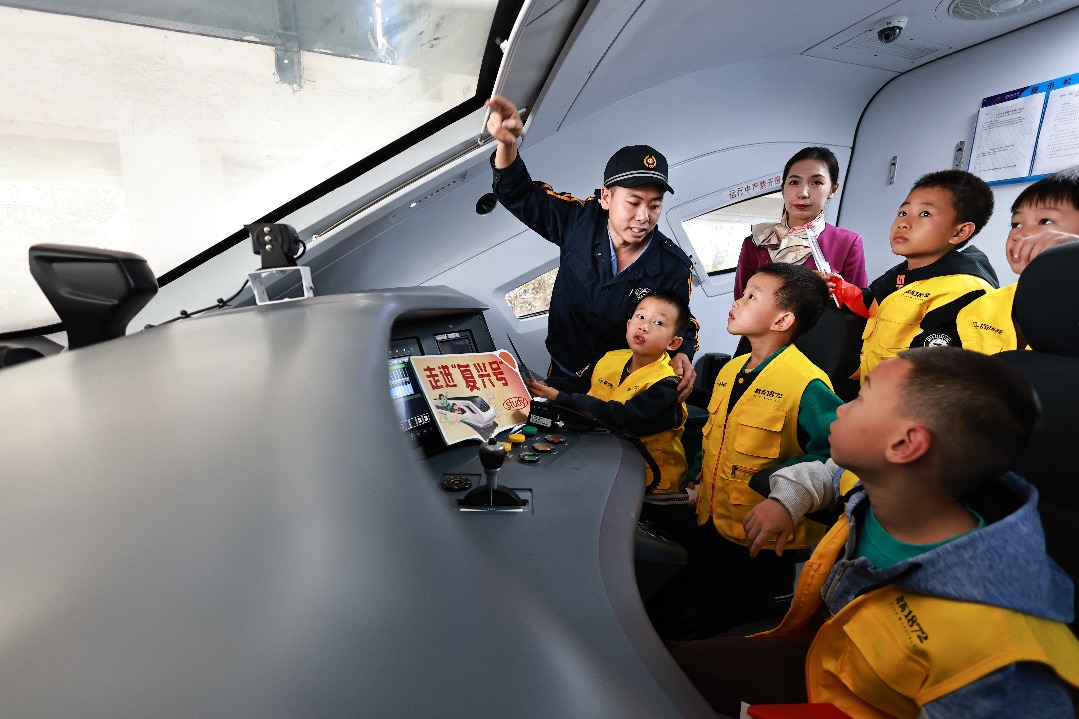AI streamlining online shopping for youth


After a long day of studying, Xu Qianhui joined a late-night livestream broadcast in search of some bargain snacks. It was "Double 11," the annual online shopping extravaganza, and the livestreamer, a young lady with delicate makeup, was busy introducing assorted nuts while chatting with her viewers.
It took Xu five minutes to realize that she was actually talking to an artificial intelligence bot.
"It looks like a real person and responded to all my comments quite naturally and appropriately," said Xu, a 22-year-old student at the Chinese University of Hong Kong, noting that the bot was interacting with over 800 viewers without making any mistakes or pauses.
The AI livestreaming bot was one of four being operated by one single computer in the city of Wuhu, Anhui province. The bots can automatically interact with inquiring customers all night long, allowing their human colleagues to avoid the stress of working late into the night.
A plethora of AI applications have mushroomed amid China's tech boom, so it may not be a surprise that AI livestreamers have become a key tool during "Double 11," the country's biggest online shopping event, which usually begins in October and culminates on Nov 11.
In China, it is common for online shops to boost sales by recruiting livestreamers, who are typically social media influencers or professional salespersons, to showcase their products and interact with buyers. According to a report from the livestreaming branch of the China Association of Performing Arts, more than 15 million people had adopted online broadcasting as their primary profession as of last year.
"A shop needs around six broadcasters for 24-hour livestreaming, but this is costly because human broadcasters need a studio, lighting and other forms of support," said Han Wei, who is in charge of the livestreaming service of Three Squirrels, a snack company.
AI bots have cut livestreaming costs for the company by at least half, he said.
"Nowadays, a growing number of young people love to shop online before they go to sleep, but that's a tricky time for human broadcasters. That's where tireless, stable and precise AI broadcasters come in. They're perfect for the job," Han said, noting the company's AI employees have boosted over 30 percent of midnight sales during this year's "Double 11".
Sun Jing, general manager of TU Reality, which offers "virtual human" services, said her company's AI livestreamers can adjust everything from their appearance to their sound to suit the target audience.
According to Sun, it only takes a few photos to create an AI avatar, and several hours of computer training before an AI livestreamer is ready for use. This significantly lowers the technical training threshold for medium and small-sized broadcasting studios.
However, an AI broadcaster is not always a jack of all trades, especially when it comes to rush-hour livestreaming that requires passion and the ability to improvise.
"Unlike real livestreamers who display emotional changes, the AI broadcaster is a bit flat and too suave. That's why I found it a bit unconvincing after about five minutes," Xu said.





































